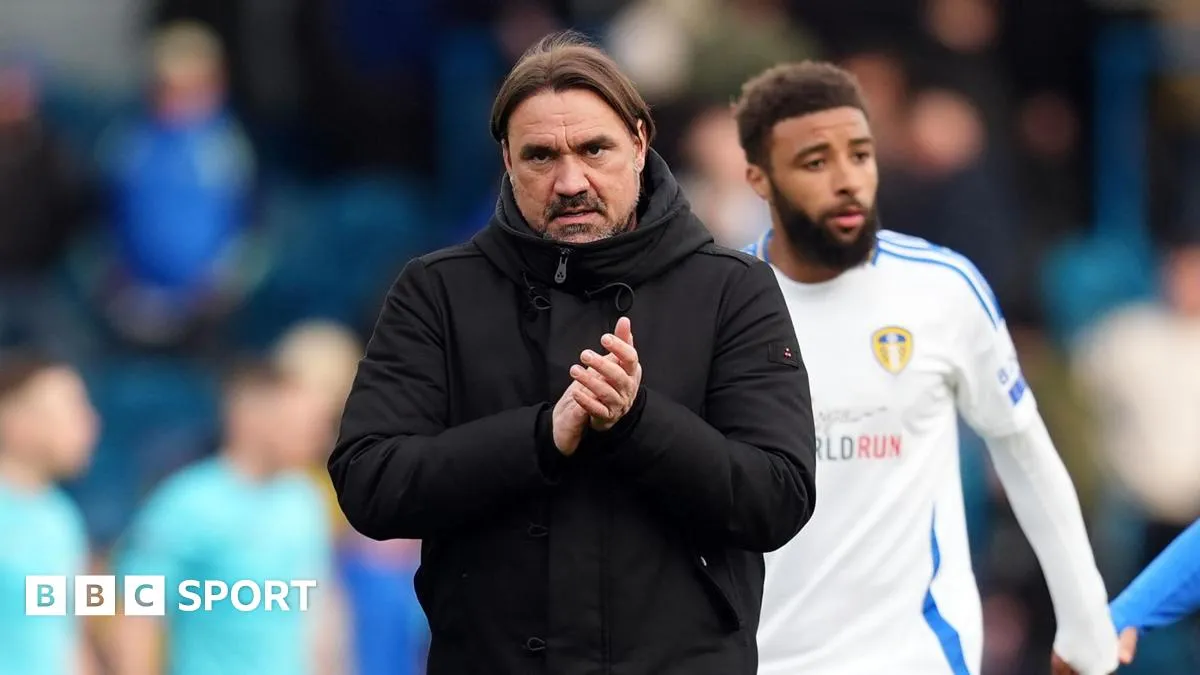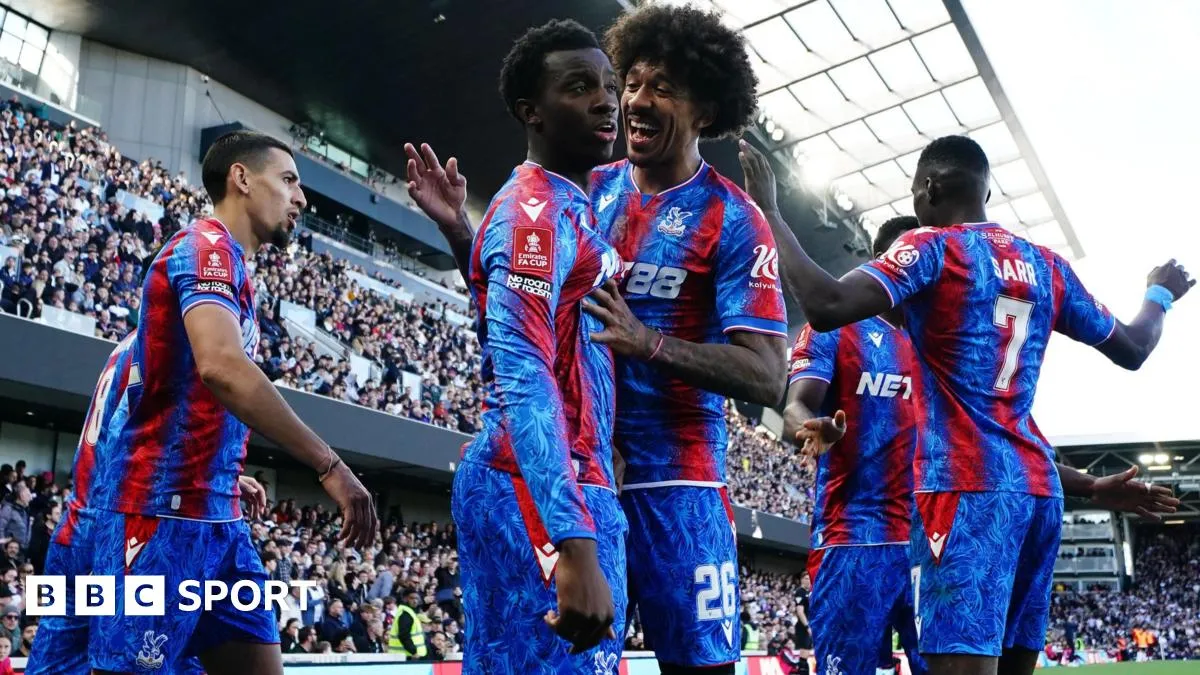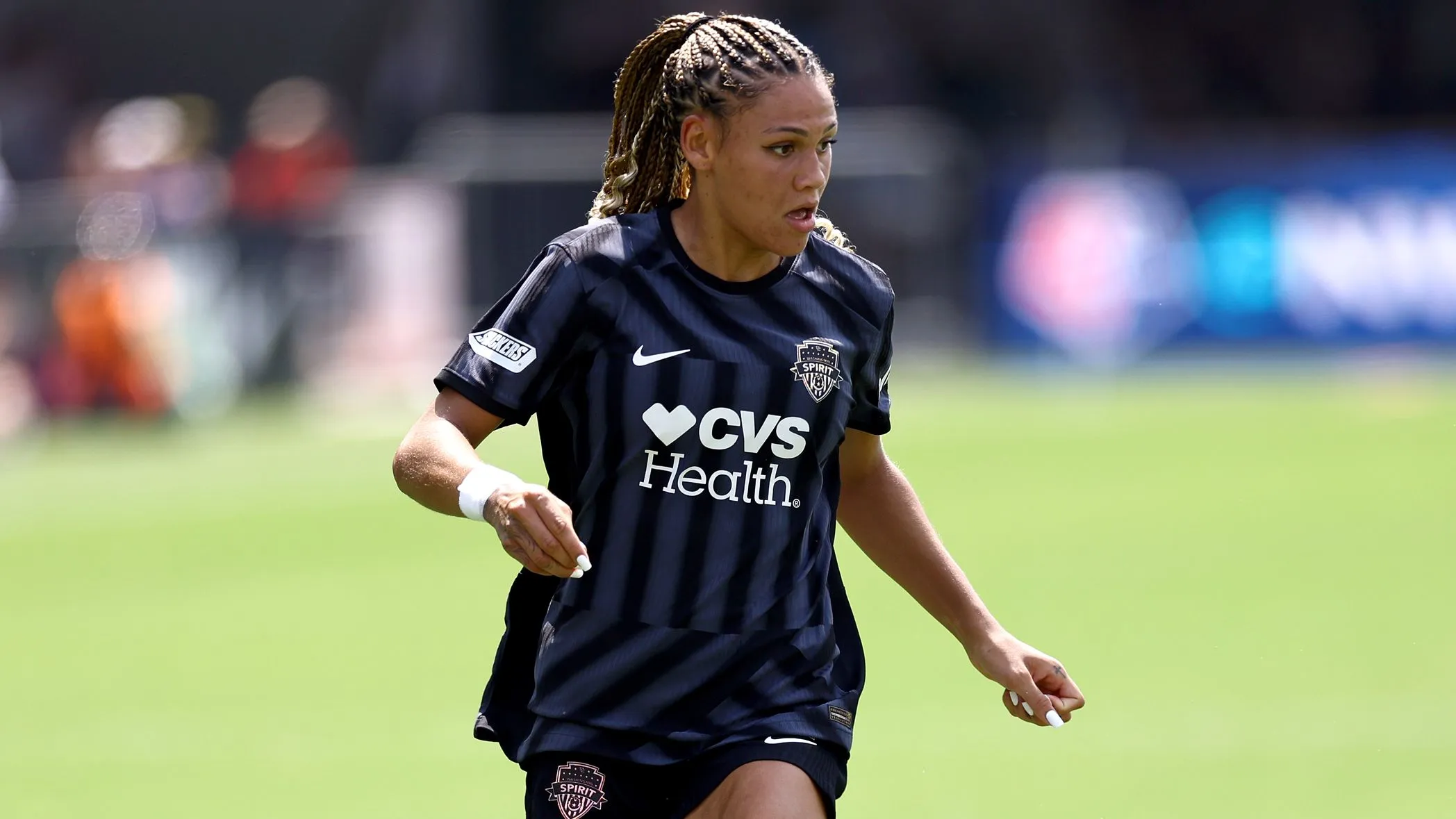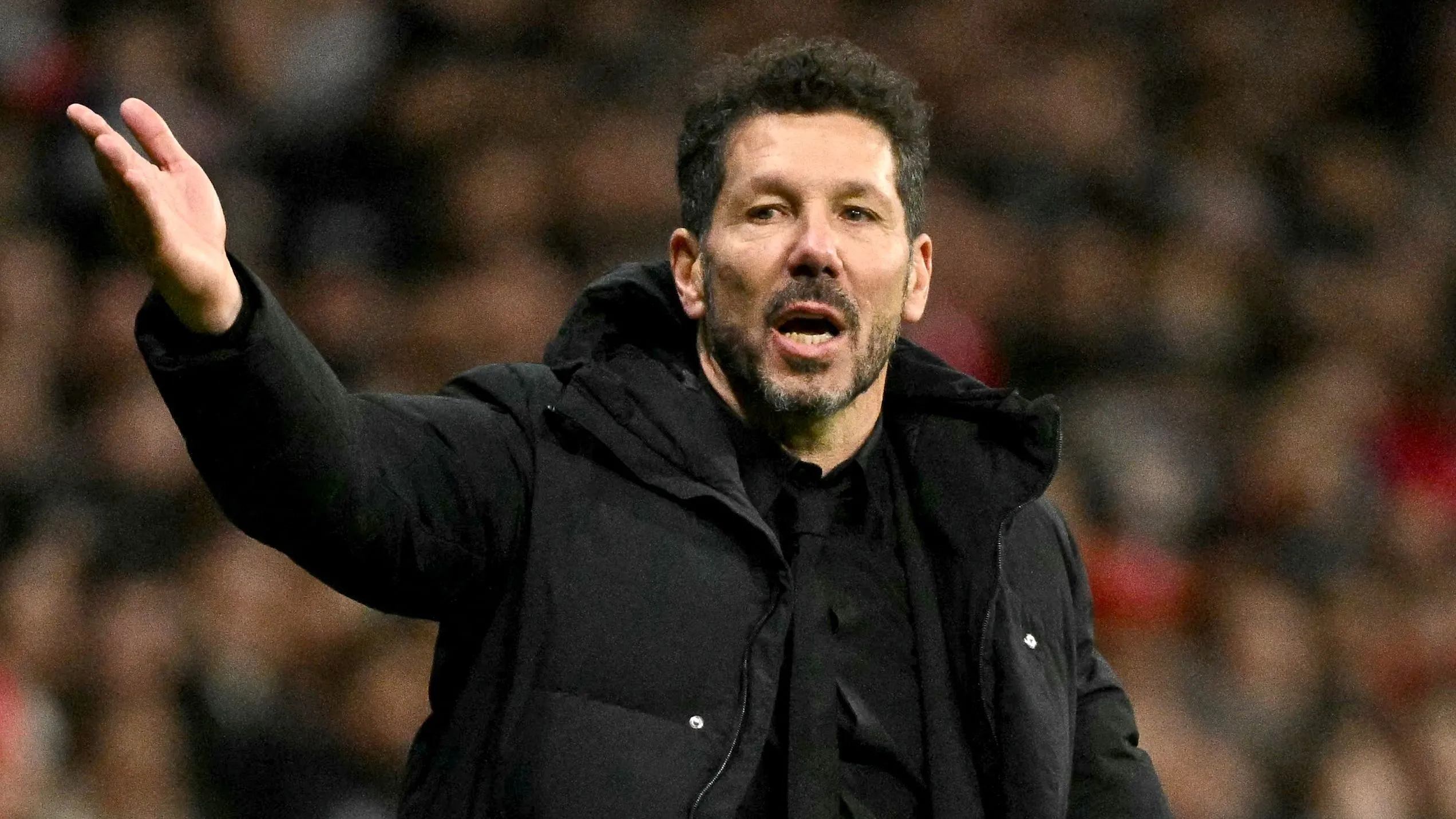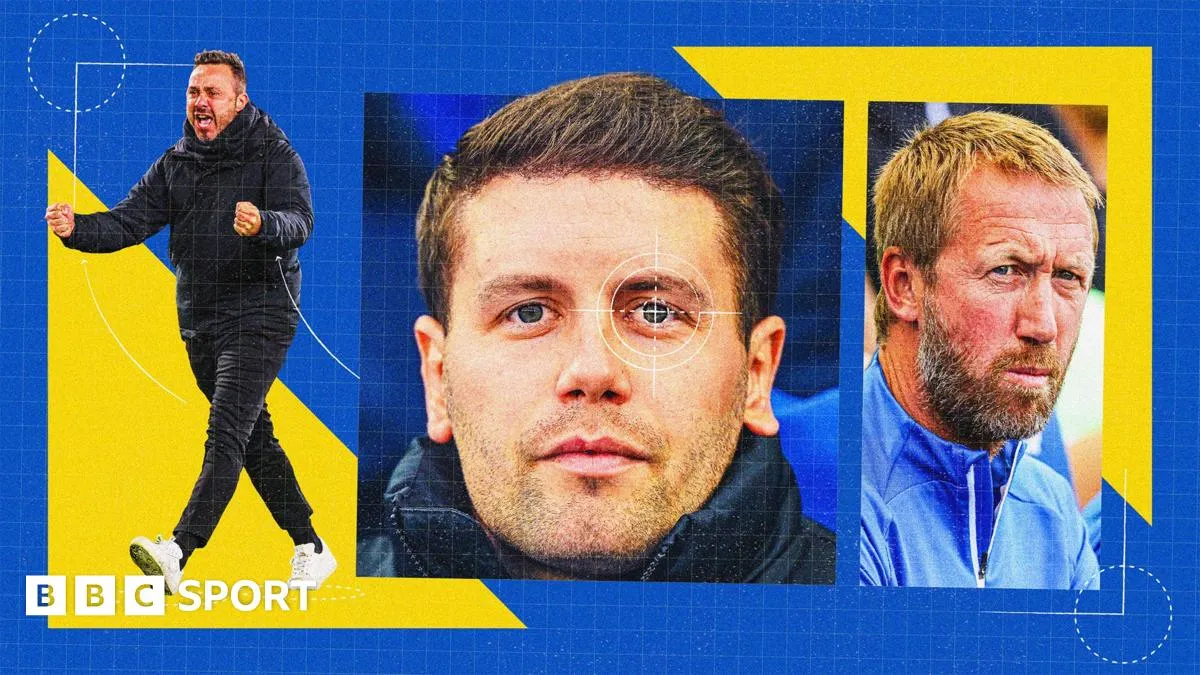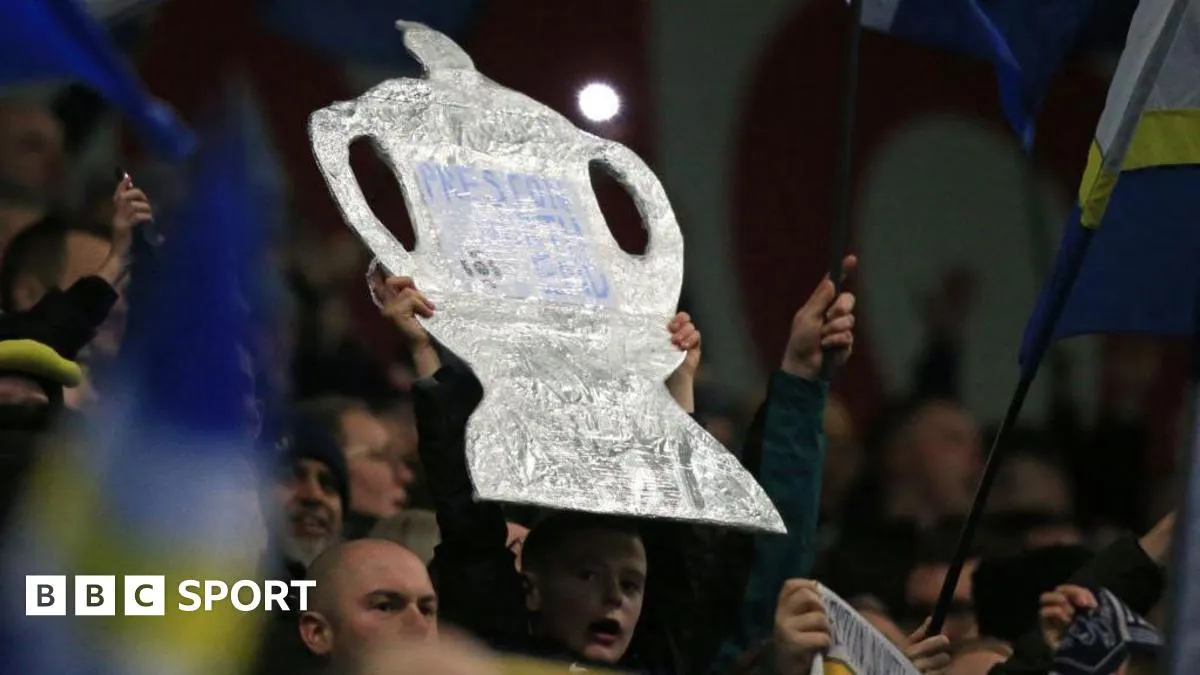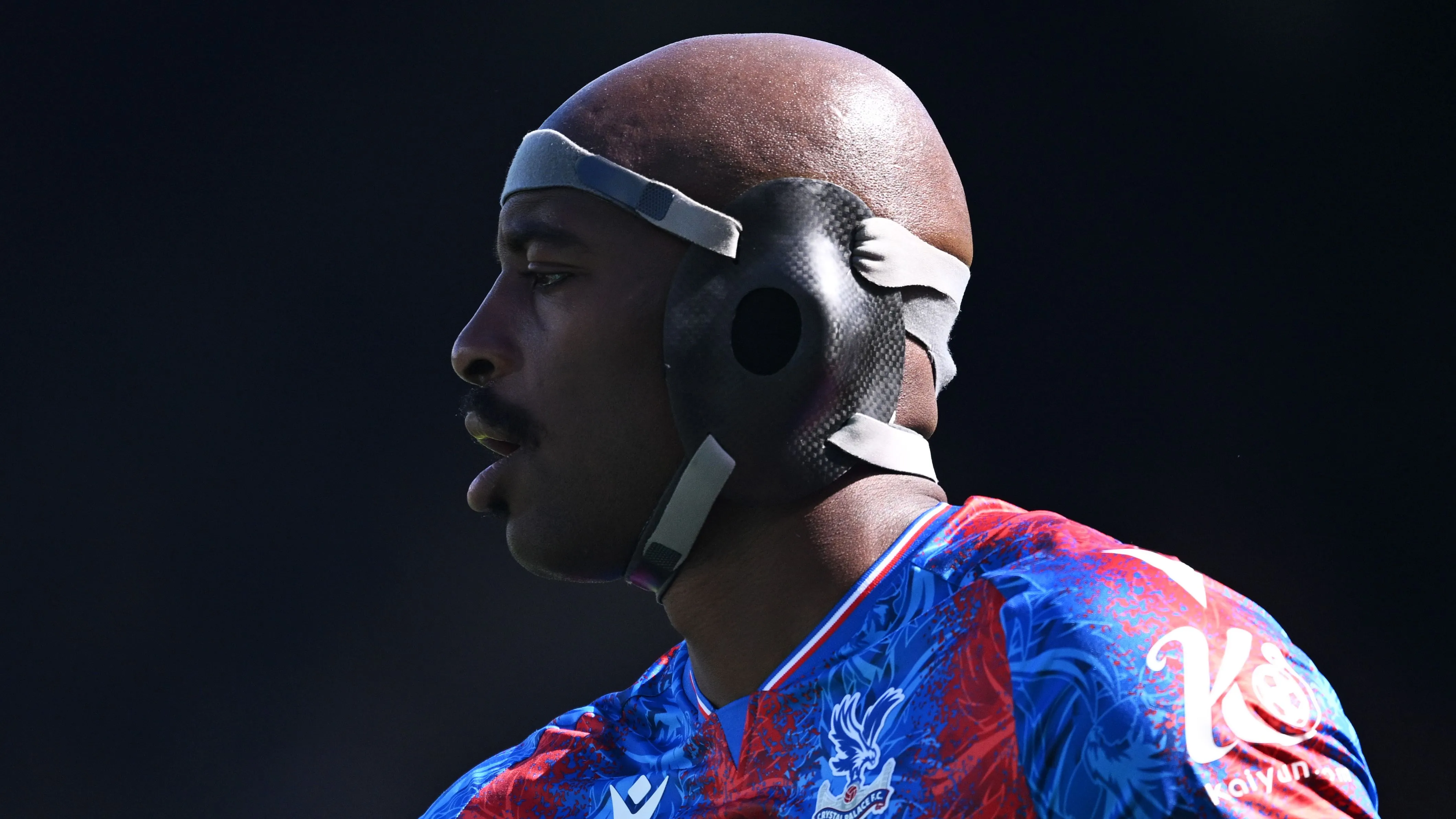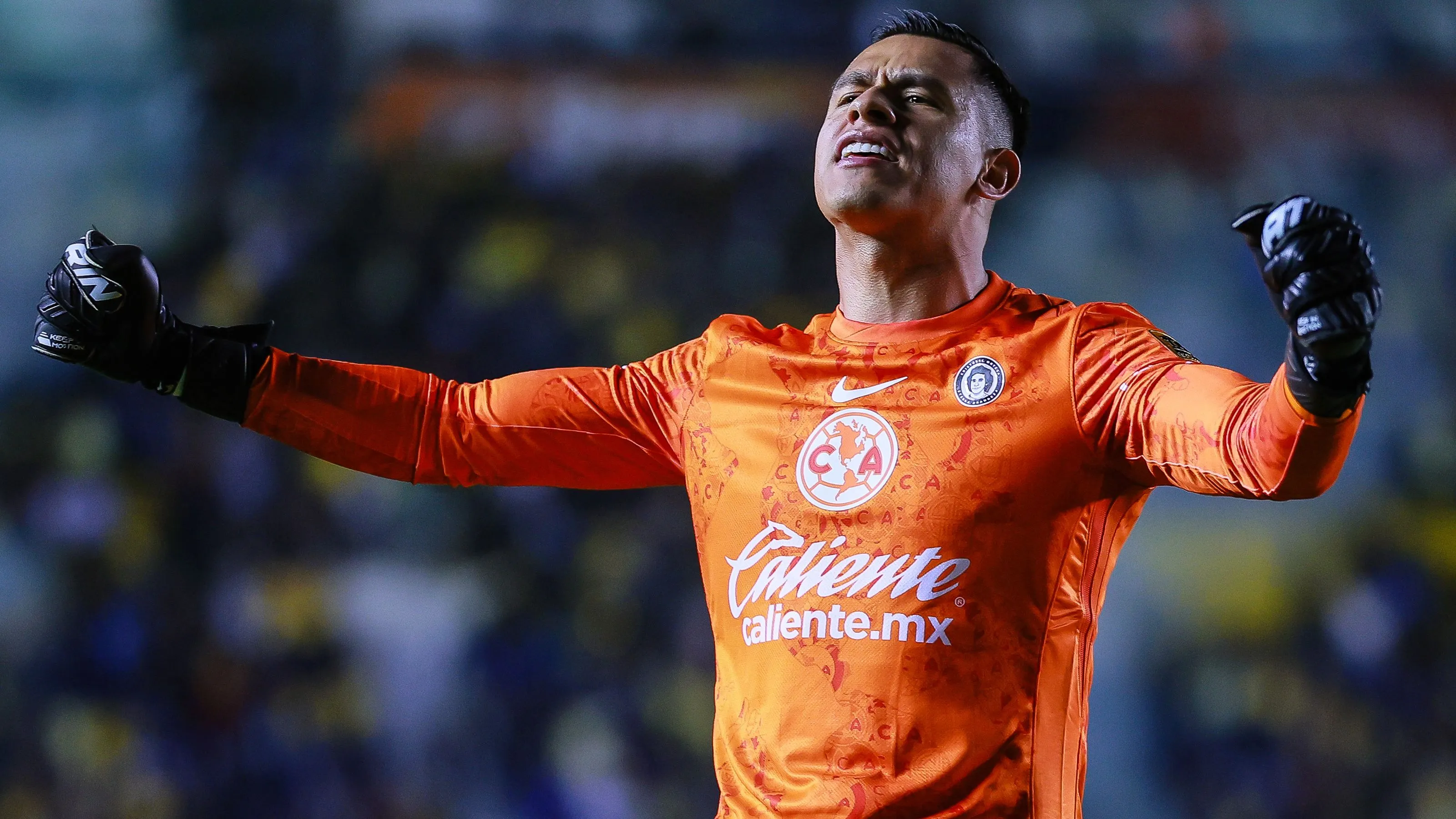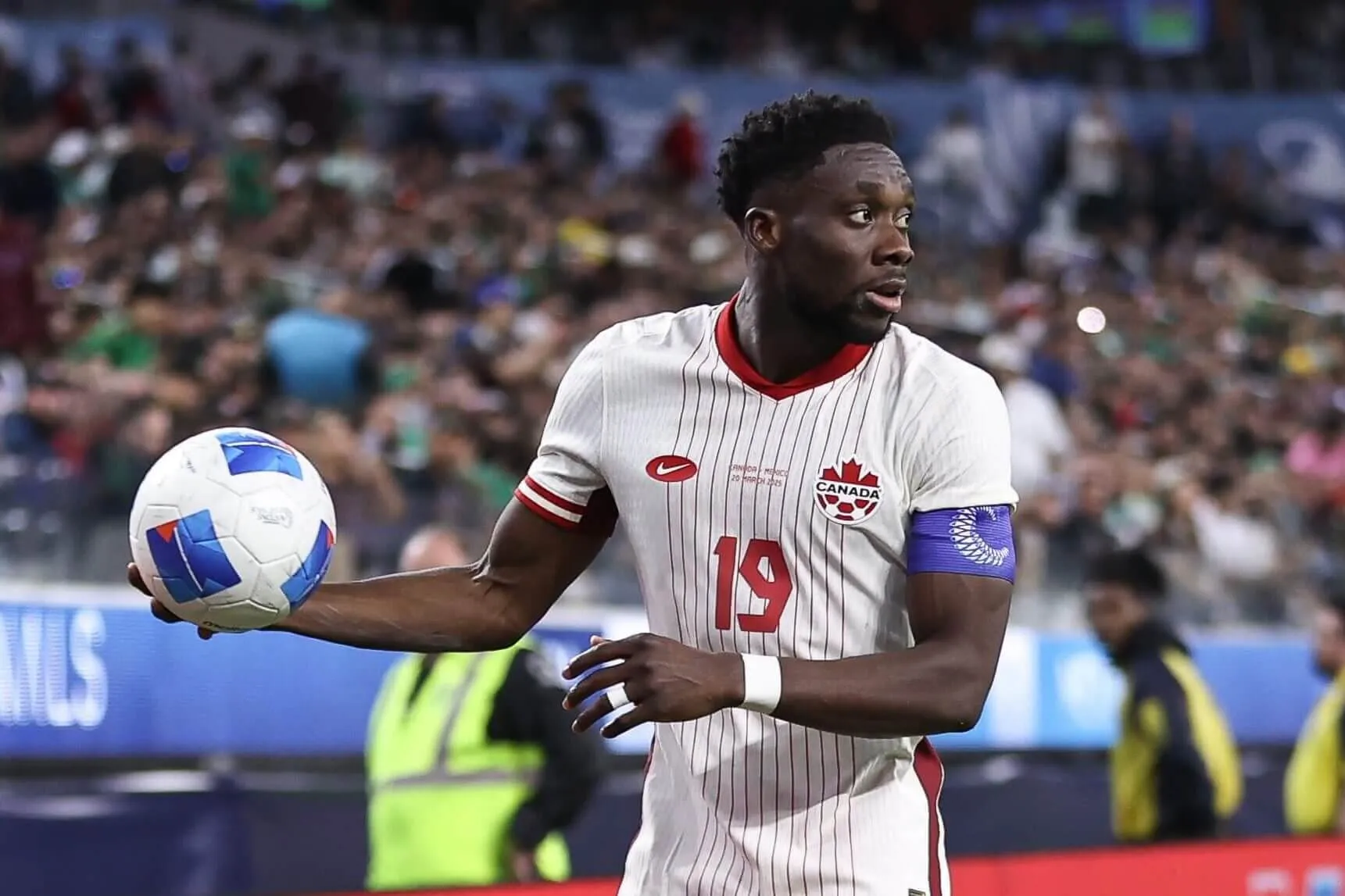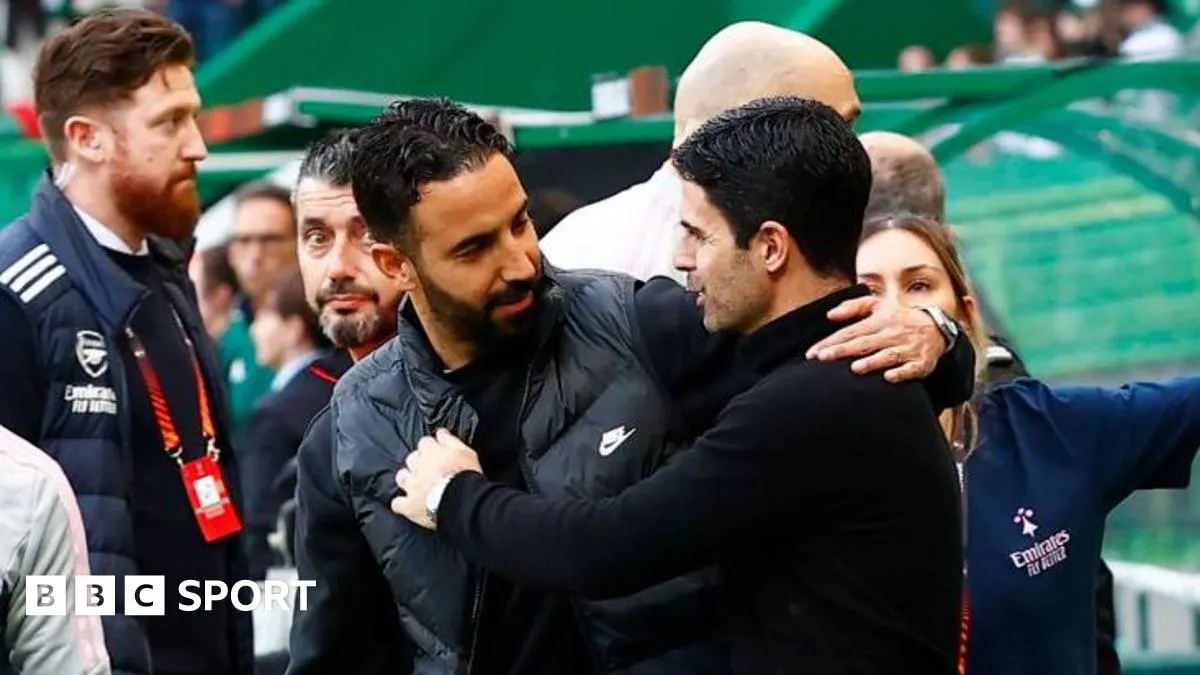
Manchester United head coach Ruben Amorim has openly admitted that he does not expect to receive the same patience that Arsenal granted to Mikel Arteta during his formative years at the north London club.
As Amorim prepares to face Arteta's Arsenal at Old Trafford this Sunday (16:30 GMT), the Portuguese coach was candid about the different circumstances he faces compared to his counterpart.
"I will not have the time that Arteta had," Amorim stated bluntly, acknowledging the reality of expectations at Manchester United. Despite this assessment, he expressed admiration for Arteta's approach to the challenges he faced early in his Arsenal tenure. "It is a different club, in that aspect, the way how Arteta dealt with that [the issues] is an inspiration for everybody."
Arteta's journey at Arsenal offers a compelling case study in managerial patience. Appointed in December 2019 as Unai Emery's replacement, the Spaniard has gradually transformed the Gunners into consistent title challengers. While he claimed the FA Cup in his first season, it remains his only trophy with the club, and it took three full seasons before returning Arsenal to the Champions League.
Manchester United's upcoming clash with Arsenal comes at a challenging time for Amorim's squad, which continues to deal with numerous injury concerns. Long-term absentees include Lisandro Martinez, Luke Shaw, and Mason Mount, though Amorim offered a glimmer of hope regarding Amad Diallo's potential return before the season concludes.
"I think it is just Amad [who is out long-term]," said Amorim. "Even Amad, we will see the end of the last month [of the season]. I have the hope to have Amad before, we will see."
The United coach provided additional updates on several players, noting that "Kobbie [Mainoo] can return. [Harry] Maguire, we have to be careful, Manuel [Ugarte] will return, and I think Mason [Mount] and Luke Shaw can return also."
While Arsenal enter Sunday's fixture in impressive form after thrashing PSV Eindhoven 7-1 in their Champions League last-16 first leg, United managed a more modest 1-1 draw against Real Sociedad in the Europa League.
Interestingly, Amorim suggested that competing in the Europa League presents unique challenges that impact Premier League performance more severely than Champions League participation.
"In the beginning people talked about our rotation in Europe. We were changing all the time and it is because of this," explained Amorim. "Europa is so much harder than Champions League. Not the games, but the recovery to play Premier League on the weekend. We have to deal with that."
As Amorim navigates these early challenges at Manchester United, the contrast with Arteta's developmental timeline at Arsenal underscores the different expectations and pressures at two of England's biggest clubs.

